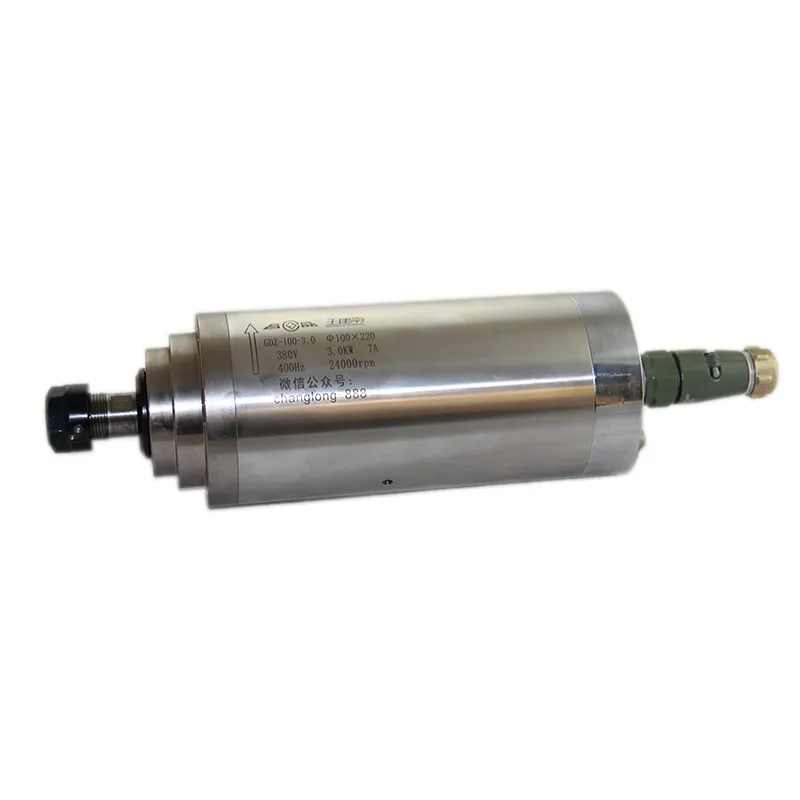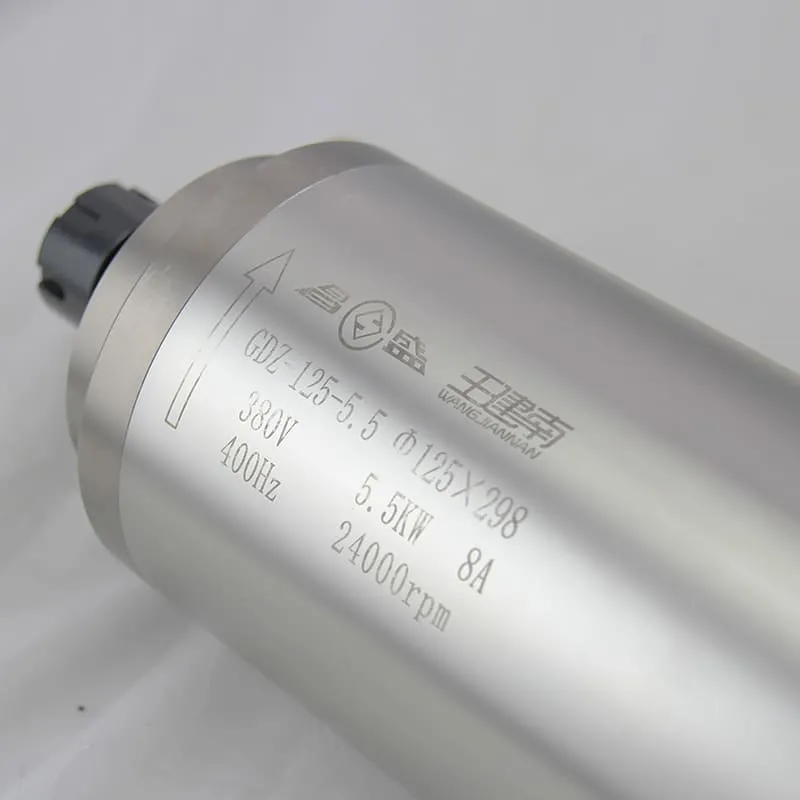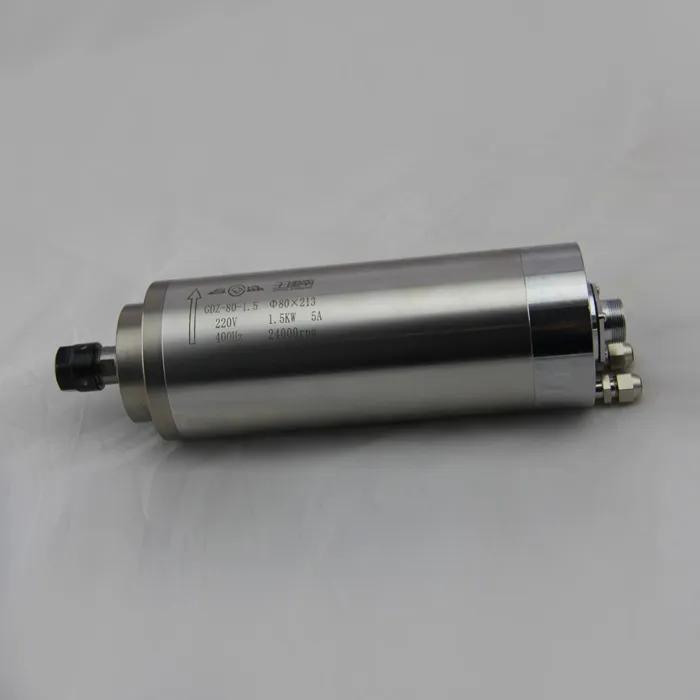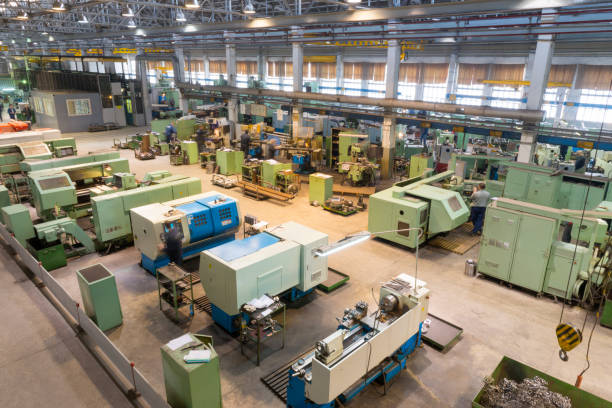How Hard is it to Be a CNC Machinist?
Becoming a CNC (Computer Numerical Control) machinist is a journey that combines technical skill, precision, and creativity. While it may seem daunting at first, the path to becoming a proficient CNC machinist is achievable with dedication and the right approach. This article will explore the challenges and rewards of pursuing a career as a CNC machinist, providing insights into the skills required, the learning process, and the potential for growth in this dynamic field.
Understanding the Role of a CNC Machinist
Before delving into the difficulties of becoming a CNC machinist, it’s essential to understand what the job entails. A CNC machinist is responsible for operating and programming computer-controlled machines that cut, shape, and finish materials such as metal, plastic, and wood. These skilled professionals play a crucial role in manufacturing industries, producing parts and components for a wide range of products.
The job of a CNC machinist involves:
- Programming machines using CAD/CAM software
- Setting up and operating CNC machinery
- Interpreting technical drawings and specifications
- Ensuring quality control and precision in manufactured parts
- Troubleshooting and maintaining CNC equipment
The Learning Curve: Challenges in Becoming a CNC Machinist
Becoming a CNC machinist does present some challenges, but these are not insurmountable. Let’s explore some of the key areas that can be demanding for aspiring CNC machinists:
1. Technical Knowledge
One of the primary challenges is acquiring the technical knowledge required to operate CNC machines effectively. This includes understanding:
- G-code and M-code programming languages
- Computer-Aided Design (CAD) and Computer-Aided Manufacturing (CAM) software
- Principles of metallurgy and material properties
- Advanced mathematics, including geometry and trigonometry
While this may seem overwhelming, many of these skills can be learned through structured training programs and on-the-job experience.
2. Precision and Attention to Detail
CNC machining requires a high level of precision. Even small errors can result in costly mistakes or defective parts. Developing the ability to work with tight tolerances and maintain consistent accuracy can be challenging but is essential for success in this field.
3. Adapting to Technological Advancements
The field of CNC machining is constantly evolving, with new technologies and techniques being introduced regularly. Staying up-to-date with these advancements can be challenging but is crucial for career growth and maintaining competitiveness in the industry.
4. Physical Demands
While CNC machining is less physically demanding than traditional manual machining, it still requires standing for long periods, lifting materials, and working in factory environments. Adapting to these physical demands can be challenging for some individuals.
Skills and Competencies for Success
To overcome these challenges and excel as a CNC machinist, certain skills and competencies are essential:
- Technical Aptitude: A strong foundation in mathematics and computer skills is crucial.
- Spatial Reasoning: The ability to visualize 3D objects from 2D drawings is important.
- Problem-Solving Skills: Troubleshooting and finding creative solutions are part of the job.
- Attention to Detail: Precision is key in CNC machining.
- Communication Skills: Collaborating with engineers, designers, and other machinists is common.
- Continuous Learning: Embracing new technologies and techniques is essential for growth.
The Path to Becoming a CNC Machinist
While the journey to becoming a CNC machinist can be challenging, there are clear pathways to enter and advance in this career:
- Education: Many CNC machinists start with a high school diploma or equivalent, followed by vocational training or an associate’s degree in machining or manufacturing technology.
- Apprenticeships: On-the-job training through apprenticeships is a common and effective way to enter the field.
- Certifications: Industry certifications, such as those offered by the National Institute for Metalworking Skills (NIMS), can enhance job prospects and demonstrate expertise.
- Continuous Learning: Staying updated with the latest technologies and techniques through ongoing training and workshops is crucial for career advancement.
The Rewards of a CNC Machinist Career
Despite the challenges, a career as a CNC machinist offers numerous rewards:
- Job Security: Skilled CNC machinists are in high demand across various industries.
- Career Growth: Opportunities for advancement to roles such as supervisor, programmer, or quality control specialist.
- Satisfaction of Creation: The ability to turn digital designs into physical objects can be highly rewarding.
- Competitive Salary: Experienced CNC machinists can earn above-average salaries in the manufacturing sector.
Tools of the Trade: CNC Spindles and Their Impact
An essential component in CNC machining is the spindle, which plays a crucial role in determining the precision and efficiency of the machining process. High-quality CNC spindles, such as the 24000RPM 3KW ER20 Water-Cooling Spindle, can significantly impact a machinist’s ability to produce high-quality parts consistently.

A 24000RPM 3KW ER20 Water-Cooling Spindle, crucial for precision CNC machining
Understanding the capabilities and limitations of different spindles is an important aspect of a CNC machinist’s expertise. For instance, knowing when to use a high-speed air-cooled spindle versus a water-cooled spindle can make a significant difference in the quality and efficiency of machining operations.
Overcoming Challenges: Tips for Aspiring CNC Machinists
If you’re considering a career as a CNC machinist, here are some tips to help you overcome the challenges:
- Start with the Basics: Build a strong foundation in mathematics and computer skills.
- Seek Hands-On Experience: Look for internships or entry-level positions to gain practical experience.
- Embrace Technology: Stay curious about new technologies and be willing to learn continuously.
- Develop Soft Skills: Cultivate communication and teamwork skills alongside technical abilities.
- Find a Mentor: Learn from experienced machinists who can provide guidance and insights.
The Future of CNC Machining: Trends and Opportunities
The field of CNC machining is evolving rapidly, presenting both challenges and opportunities for machinists. Some emerging trends include:
- Integration of Artificial Intelligence: AI is being used to optimize machining processes and predict maintenance needs.
- Additive Manufacturing: The combination of CNC machining with 3D printing is opening new possibilities in manufacturing.
- Sustainability: There’s a growing focus on eco-friendly machining practices and materials.
- Industry 4.0: The integration of digital technologies is transforming manufacturing processes.
Staying informed about these trends can help CNC machinists remain competitive and take advantage of new opportunities in the field.
Balancing Skill and Technology: The Role of Advanced CNC Equipment
While the skill of the machinist is paramount, the quality of the CNC equipment also plays a crucial role in the machining process. Advanced spindles, like the 24000RPM 5.5KW ER25 Water-Cooling Spindle, can significantly enhance a machinist’s capabilities, allowing for more precise and efficient operations.

A high-performance 24000RPM 5.5KW ER25 Water-Cooling Spindle, enhancing machining precision and efficiency
Understanding how to leverage these advanced tools effectively is a key part of a CNC machinist’s expertise. It’s not just about operating the machine, but also about knowing how to optimize its performance for different materials and machining requirements.
The Importance of Continuous Learning in CNC Machining
The field of CNC machining is constantly evolving, with new technologies and techniques emerging regularly. This makes continuous learning an essential aspect of a CNC machinist’s career. Some key areas for ongoing education include:
- Software Updates: Staying current with the latest CAD/CAM software versions and features.
- New Materials: Learning about the properties and machining requirements of new materials.
- Advanced Machining Techniques: Exploring multi-axis machining, high-speed machining, and other advanced processes.
- Quality Control Methods: Keeping up with the latest in metrology and quality assurance techniques.
Embracing a mindset of lifelong learning can help CNC machinists overcome challenges and advance in their careers.
The Role of Problem-Solving in CNC Machining
One of the most challenging and rewarding aspects of being a CNC machinist is problem-solving. This skill is crucial for:
- Troubleshooting machine malfunctions
- Optimizing machining processes for efficiency
- Adapting machining strategies for unique or complex parts
- Improving part quality and reducing waste
Developing strong problem-solving skills can set a CNC machinist apart and lead to opportunities for career advancement.
FAQs About Becoming a CNC Machinist
1. How long does it take to become a skilled CNC machinist?
Becoming a skilled CNC machinist typically takes 2-4 years of training and on-the-job experience. However, learning is ongoing throughout a machinist’s career due to evolving technologies.
2. What educational background is needed to become a CNC machinist?
A high school diploma or equivalent is usually the minimum requirement. Many employers prefer candidates with vocational training, an associate’s degree in machining, or completion of an apprenticeship program.
3. Are CNC machinist jobs in high demand?
Yes, CNC machinist jobs are in high demand across various manufacturing industries. The U.S. Bureau of Labor Statistics projects steady employment opportunities for CNC machinists in the coming years.
4. What is the most challenging aspect of being a CNC machinist?
Many CNC machinists find that staying up-to-date with rapidly evolving technologies and maintaining consistent precision in their work are the most challenging aspects of the job.
5. Can CNC machining be learned online?
While some theoretical aspects of CNC machining can be learned online, hands-on experience is crucial. Many successful machinists combine online learning with practical training on actual CNC machines.
Conclusion: Is Becoming a CNC Machinist Right for You?
Becoming a CNC machinist is a challenging but rewarding career path. While it requires a significant investment of time and effort to develop the necessary skills and knowledge, the rewards can be substantial. The field offers job security, opportunities for growth, and the satisfaction of creating tangible products using cutting-edge technology.
The difficulty of becoming a CNC machinist largely depends on your aptitude for technical work, your willingness to learn continuously, and your ability to adapt to new technologies. While the learning curve can be steep, many find the challenge exciting and the work fulfilling.
For those with a passion for precision, a knack for problem-solving, and an interest in advanced manufacturing technologies, a career as a CNC machinist can be an excellent choice. The field is evolving rapidly, offering plenty of opportunities for those willing to embrace new technologies and techniques.
Remember, success as a CNC machinist isn’t just about operating machines – it’s about understanding the entire manufacturing process, from design to final product. It’s about combining technical skills with creativity to solve complex machining challenges. And it’s about being part of an industry that’s shaping the future of manufacturing.
If you’re intrigued by the prospect of working with advanced technologies like high-performance CNC spindles and creating precision parts for industries ranging from aerospace to medical devices, then the path of a CNC machinist might be the right choice for you. While it may be challenging, the rewards of this dynamic and essential career can make the journey well worth the effort.

A 24000RPM 1.5KW ER16 Water-Cooled Spindle, representing the advanced tools used in modern CNC machining

